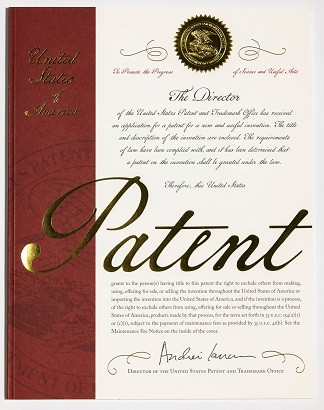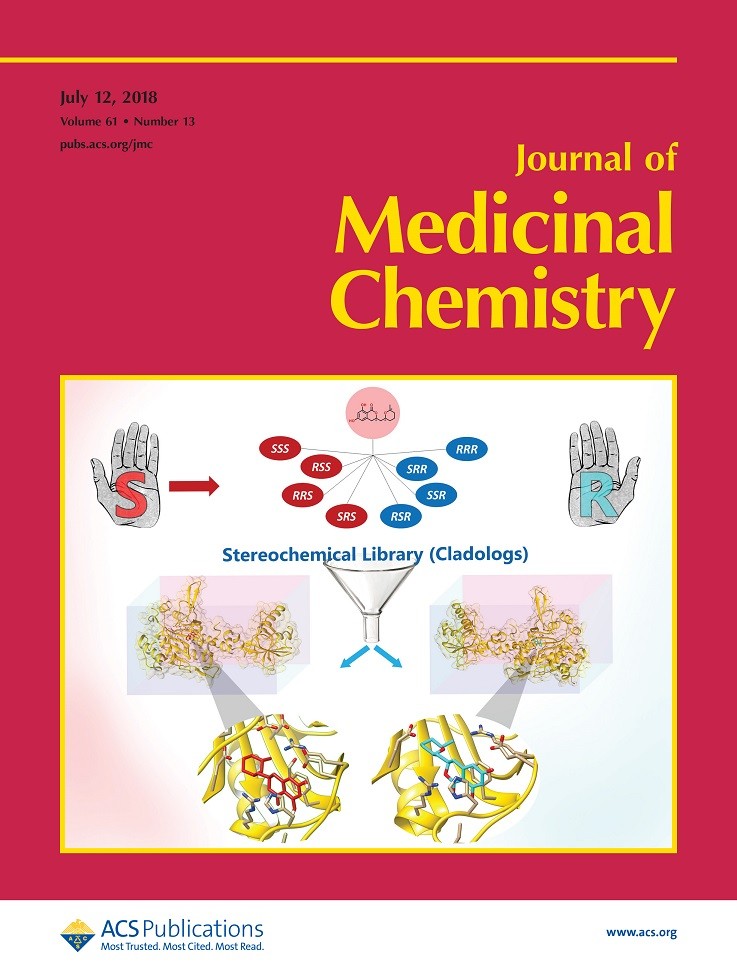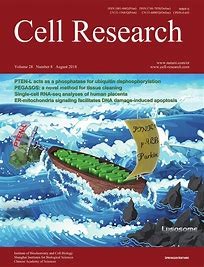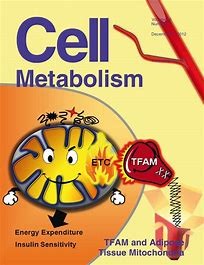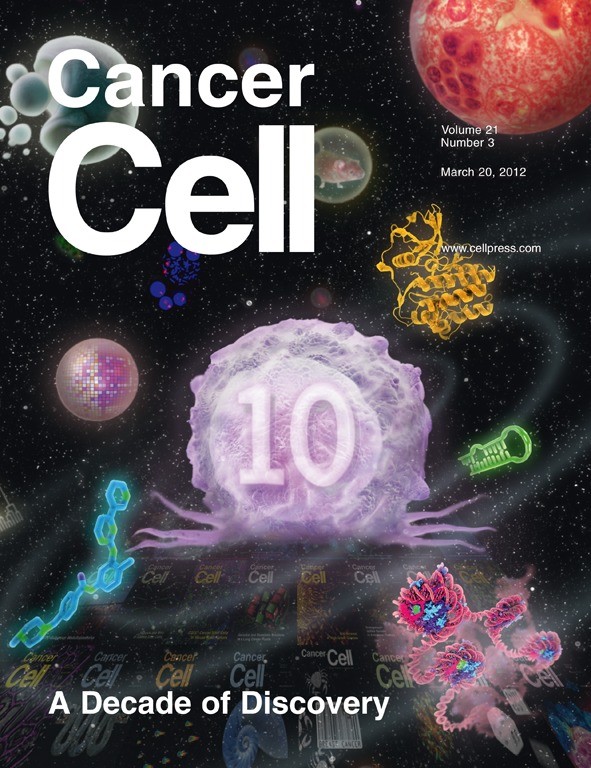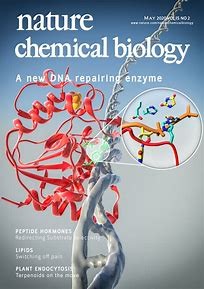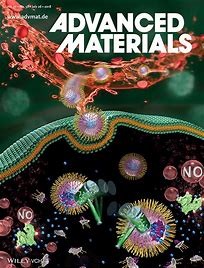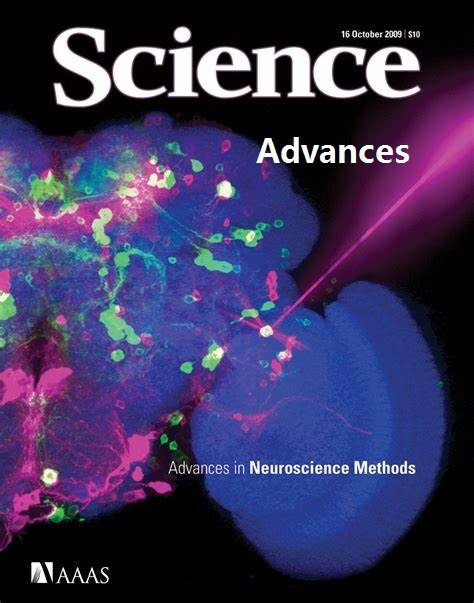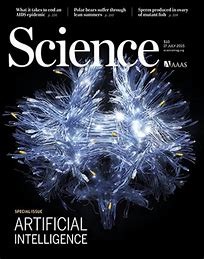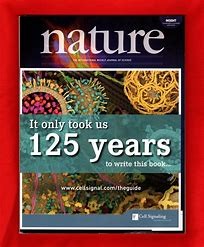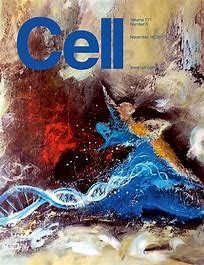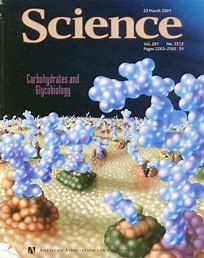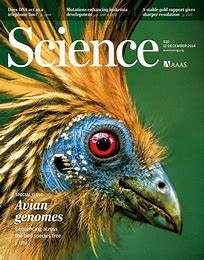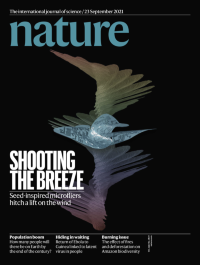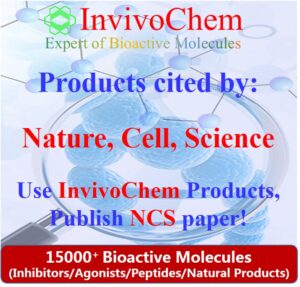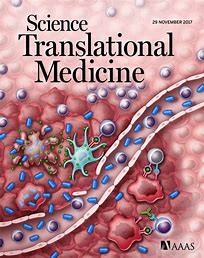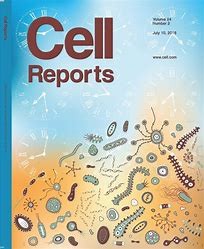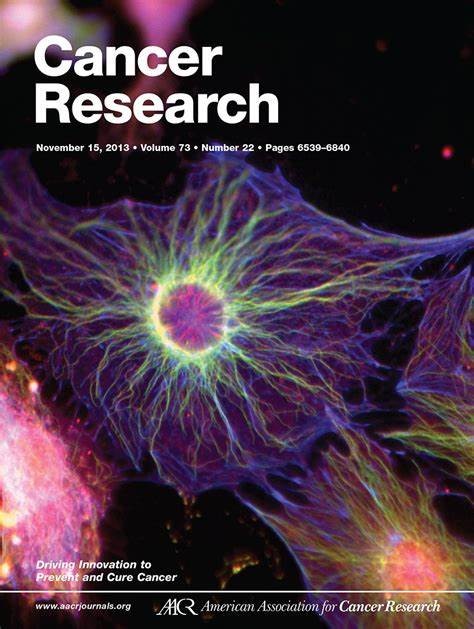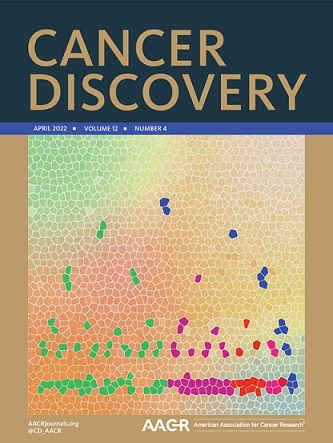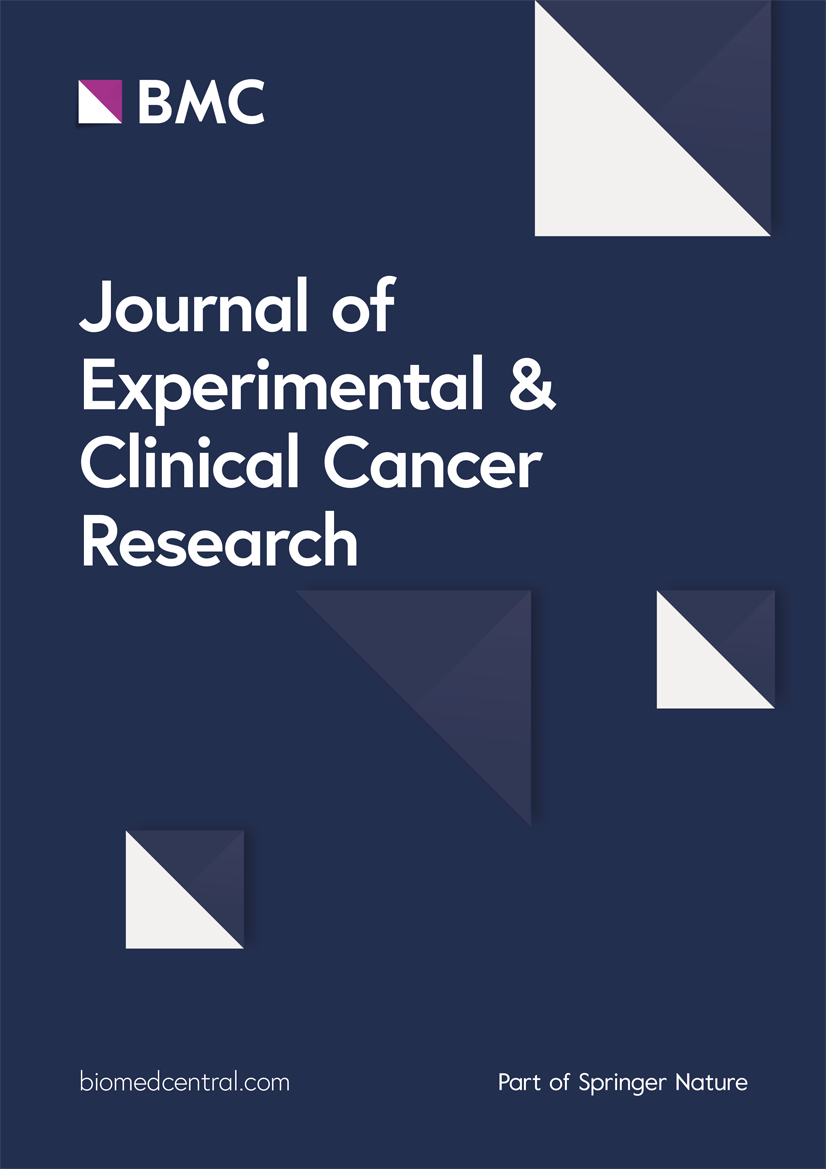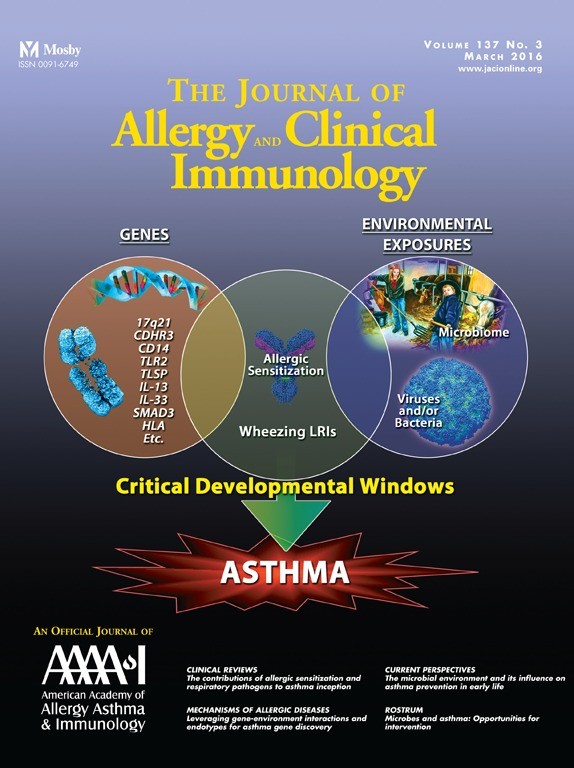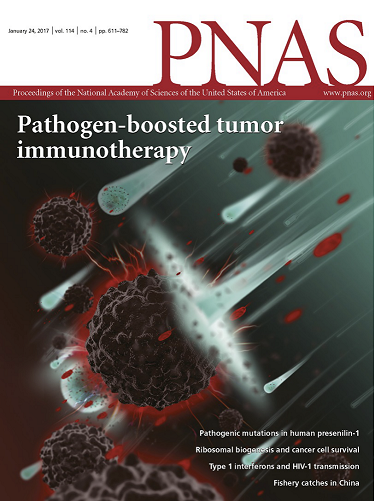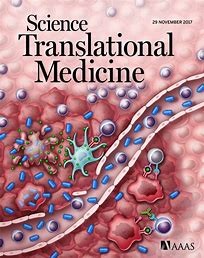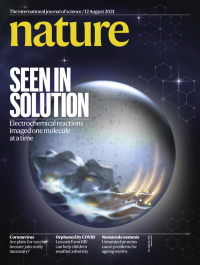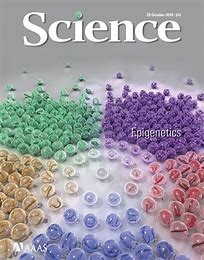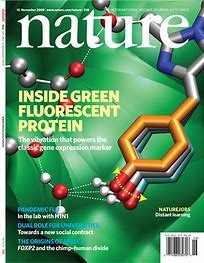Pardoprunox HCI
This product is for research use only, not for human use. We do not sell to patients.
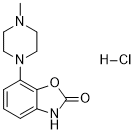
For small sizes, please check our retail website as below: www.invivochem.com
| Size | Price | Stock |
|---|---|---|
| 250mg | $700 | Check With Us |
| 500mg | $1150 | Check With Us |
| 1g | $1725 | Check With Us |
Cat #: V3008 CAS #: 269718-83-4 Purity ≥ 98%
Description: Pardoprunox (formerly known as SLV-308, DU-126891 or SME-308) is novel & potent dopamine D2/5-HT1A receptor agonist that has the potential for the treatment of Parkinson's disease.
Top Publications Citing Invivochem Products
Publications Citing InvivoChem Products
Product Promise
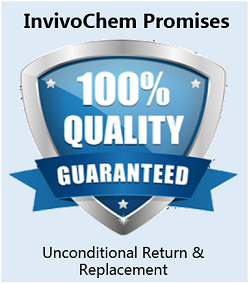
- Physicochemical and Storage Information
- Protocol
- Related Biological Data
- Stock Solution Preparation
- Quality Control Documentation
| Molecular Weight (MW) | 269.73 |
|---|---|
| Molecular Formula | C12H16ClN3O2 |
| CAS No. | 269718-83-4 |
| Storage | -20℃ for 3 years in powder formr |
| -80℃ for 2 years in solvent | |
| Solubility In Vitro | DMSO: 10 mMr |
| Water: <1 mg/mLr | |
| Ethanol: <1 mg/mL | |
| Solubility In Vivo | O=C1OC2=C(N3CCN(C)CC3)C=CC=C2N1.[H]Cl |
| Synonyms | Pardoprunox; Pardoprunox HCl; SLV-308 HCl; SLV 308; SLV308; DU-126891 HCl; DU126891; DU 126891; SME-308 HCl; SME308; SME308 |
| Protocol | In Vitro | Pardoprunox (SLV-308) hydrochloride acts as a potent but partial D2 receptor agonist (pEC50= 8.0 and pA2=8.4) with an efficacy of 50% on forskolin stimulated cAMP accumulation. At human recombinant dopamine D3 receptors, Pardoprunox hydrochloride acts as a partial agonist in the induction of [(35)S]GTPgammaS binding (intrinsic activity of 67%; pEC50=9.2) and antagonized the dopamine induction of [(35)S]GTPgammaS binding (pA2=9.0). Pardoprunox hydrochloride acts as a full 5-HT1A receptor agonist on forskolin induced cAMP accumulation at cloned human 5-HT1A receptors but with low potency (pEC50=6.3) |
|---|
These protocols are for reference only. InvivoChem does not
independently validate these methods.
| Solvent volume to be added | Mass (the weight of a compound) | |||
|---|---|---|---|---|
| Mother liquor concentration | 1mg | 5mg | 10mg | 20mg |
| 1mM | 3.7074 mL | 18.5371 mL | 37.0741 mL | 74.1482 mL |
| 5mM | 0.7415 mL | 3.7074 mL | 7.4148 mL | 14.8296 mL |
| 10mM | 0.3707 mL | 1.8537 mL | 3.7074 mL | 7.4148 mL |
| 20mM | 0.1854 mL | 0.9269 mL | 1.8537 mL | 3.7074 mL |
The molarity calculator equation
Mass(g) = Concentration(mol/L) × Volume(L) × Molecular Weight(g/mol)
Mass
=
Concentration
×
Volume
×
Molecular Weight*
The dilution calculator equation
Concentration(start)
×
Volume(start)
=
Concentration(final)
×
Volume(final)
This equation is commonly abbreviated as: C1 V1 = C2 V2
Concentration(start)
C1
×
Volume(start)
V1
=
Concentration(final)
C2
×
Volume(final)
V2
Step One: Enter information below
Dosage mg/kg
Average weight of animals g
Dosing volume per animal µL
Number of animals
Step Two: Enter the in vivo formulation
%DMSO
+
%
+
%Tween 80
+
%ddH2O
Calculation Results:
Working concentration:
mg/ml;
Method for preparing DMSO master liquid:
mg
drug pre-dissolved in
µL
DMSO(Master liquid concentration
mg/mL)
,Please contact us first if the concentration exceeds the DMSO solubility of the batch of drug.
Method for preparing in vivo formulation:
Take
µL
DMSO master liquid, next add
µL
PEG300, mix and clarify, next add
µL
Tween 80,mix and clarify, next add
µL
ddH2O,mix and clarify.
Note:
- (1) Please be sure that the solution is clear before the addition of next solvent. Dissolution methods like vortex, ultrasound or warming and heat may be used to aid dissolving.
- (2) Be sure to add the solvent(s) in order.
